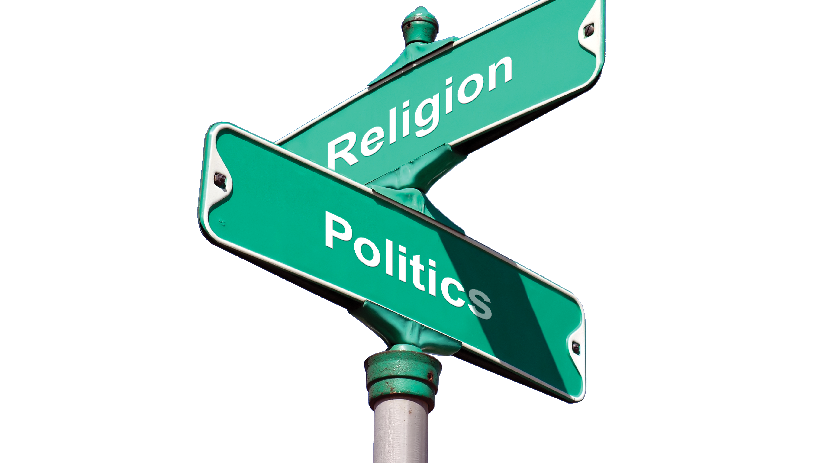By Melissa Wuske
Talking Politics or Religion?
Nearly 60 percent of Americans would rather talk about their political views than their religious beliefs, according to a study from LifeWay Research. Those with evangelical beliefs, however, are more likely to prefer spiritual conversations (63 percent).
About half of respondents felt they have as much to share as they do to learn in spiritual conversations. Among evangelicals, 32 percent think they have more to share, and only 17 percent think they have something to learn in a spiritual conversation.
Philip Nation, director of content development at LifeWay Christian Resources, said, “The culture wants dialogue about spiritual beliefs. Evangelicals too often only want to lecture our neighbors. We need to learn the needs and worldview of our neighbors so we can effectively discuss the gospel.”
Effective Church Governance
A survey of leaders from 500 churches about their church governance found that “the most effective boards spend between 21 and 40 hours together over the course of a year,” reported the Evangelical Council for Financial Accountability (ECFA).
The most sought-after characteristics for church board members are faithful membership, consistent giving, and professional or business experience (not including the separate categories of financial or legal experience).
From the data, ECFA identified six top characteristics of a healthy board: members are chosen by someone other than the lead minister; the board has the ability through policies to ask an underperforming staff person to resign; the board is able to challenge and correct the lead minister; there is a strategic planning process in place; risks and opportunities are assessed; and the board guides staff with strategic not tactical insight.
America’s Most Generous Cities
Barna Research Group ranked the most generous cities in the United States based on the percentage of citizens who donate money to charities, nonprofits, and churches. El Paso, Texas, and Las Cruces, New Mexico, tied for first with 92 percent of people making charitable contributions. Next was Lexington, Kentucky (91 percent), then Memphis, Tennessee (90 percent), Charleston-Huntington, West Virginia (90 percent), and Milwaukee, Wisconsin (89 percent).
Generous cities aren’t necessarily wealthy. Four out of five of those cities have larger upscale than downscale populations. Upscale refers to households with an annual income of $75,000 or more and someone who has a college degree; downscale household make less than $20,000 and don’t have college degrees.
Young Millennials Less Sexually Active
New research shows that young millennials (those born in the 1990s) are less sexually active than older millennials and preceding generations. According to The Washington Post, they are “twice as likely to be sexually inactive in their early 20s than the previous generation was, and more likely even than older millennials were at the same age.”
“It’s a highly motivated, ambitious generation,” said Helen Fisher, chief scientific adviser to the dating site Match.com. “A lot of them are afraid that they’ll get into something they can’t get out of and they won’t be able to get back to their desk and keep studying.”
Alexandra W., age 19, who’s never had sex, said, “I don’t involve myself in the scene of frat parties and hookup culture . . . but it seems like every other option is so time-consuming and very hard to seek out. It’s not like I’m saving myself for anything; it’s more like, I’ve been busy.”
Claudia W., age 19, wants an “old-fashioned” relationship leading to marriage and kids and isn’t involved in the dating scene at her college. “For me, it’s not anything about chastity or fear of sex. . . . I’m just like, ‘Eh, it’ll happen.’”
Melissa Wuske is a freelance editor and writer. She and her husband, Shawn, live and minister in Jamaica Plain, Massachusetts. Find her work online (melissaannewuske.com).



Comments: no replies